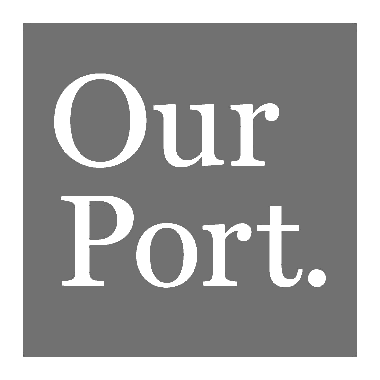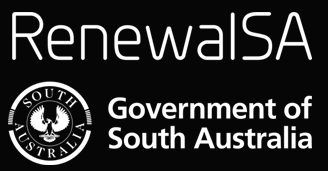Language
Language
The reinstatement of Kaurna language and culture in the Port and surrounds brings with it new enthusiasm to rediscover stories of cultural significance.
"My way is bringing it back out of the ground, through the country. There needs to be better recognition of the dreaming track, but the way whitefellas live keeps that dreaming track from being the life of the land, it's a different way of thinking. It's the same as the language, which as been given to us from the ancestors who came out of the ground. So we have continuity through the ground, through the language, we need to fight the ways it's happening or we'll lose our language. White people are bossy and want it to be their way, it's their system, but it's not our way. I understand that and don't want what they're doing to become the Kaurna language, that's not the Kaurna language, it's a constructed language, it doesn't belong to the country. It's the same as dominating things onto the land, it should be done through the nature of interaction, so it's not imposed."
Georgina Williams
"Aboriginal languages have 15 conjugations, the grammar is more complex than English, ours is a high order language and have the ergative case - you have to stipulate who's the doer. So the language is specific, you have to be correct. Traditional people were educated people, we ran conferences, we had a word for conference and a word for ambassador. We had to have a lot of knowledge and were interested in learning a lot of subjects."
Lewis O'Brien
"My way is to bring our language back out of the ground, through the country. The language has been given to us from the ancestors who came out of the ground. So we have continuity through the ground, through the language. After years away from our country, we came home to the Kaurna language with that little brown book (Teichelmann, Adelaide Plains Grammar); the people who wrote that were experts with language. The Lutherans kept it for us."
Georgina Williams
"Aunty Josie’s grandparents did not pass on much knowledge of culture, language or genealogy because it was not allowed. The laws of ‘white fellas’ and the demand for land as Adelaide expanded, dispossessed all Kaurna people of their land and forced them into remotely located missions. The forced removal of Indigenous people from their ‘country’ broke up family groups and prevented them from continuing their cultural practices. The establishment of the South Australian Aboriginal Protection Board in 1939 provided very little protection but instead supported practices that denied Indigenous people the sharing of their knowledge resulting in further breakdown of the cultural fabric of Kaurna people."
Kaurna Cultural Heritage Survey
"Some of the mums at Taperoo school didn't want their kids to learn German and Japanese, they wanted us to learn Narrunga and Kaurna. But we didn't know the languages well. We had lived at Narrunga (Yorke Peninsula) so we knew that language better than Kaurna. Since then, there's lots of work that's been done on the Kaurna language being done, that language is growing."
Josie Agius








